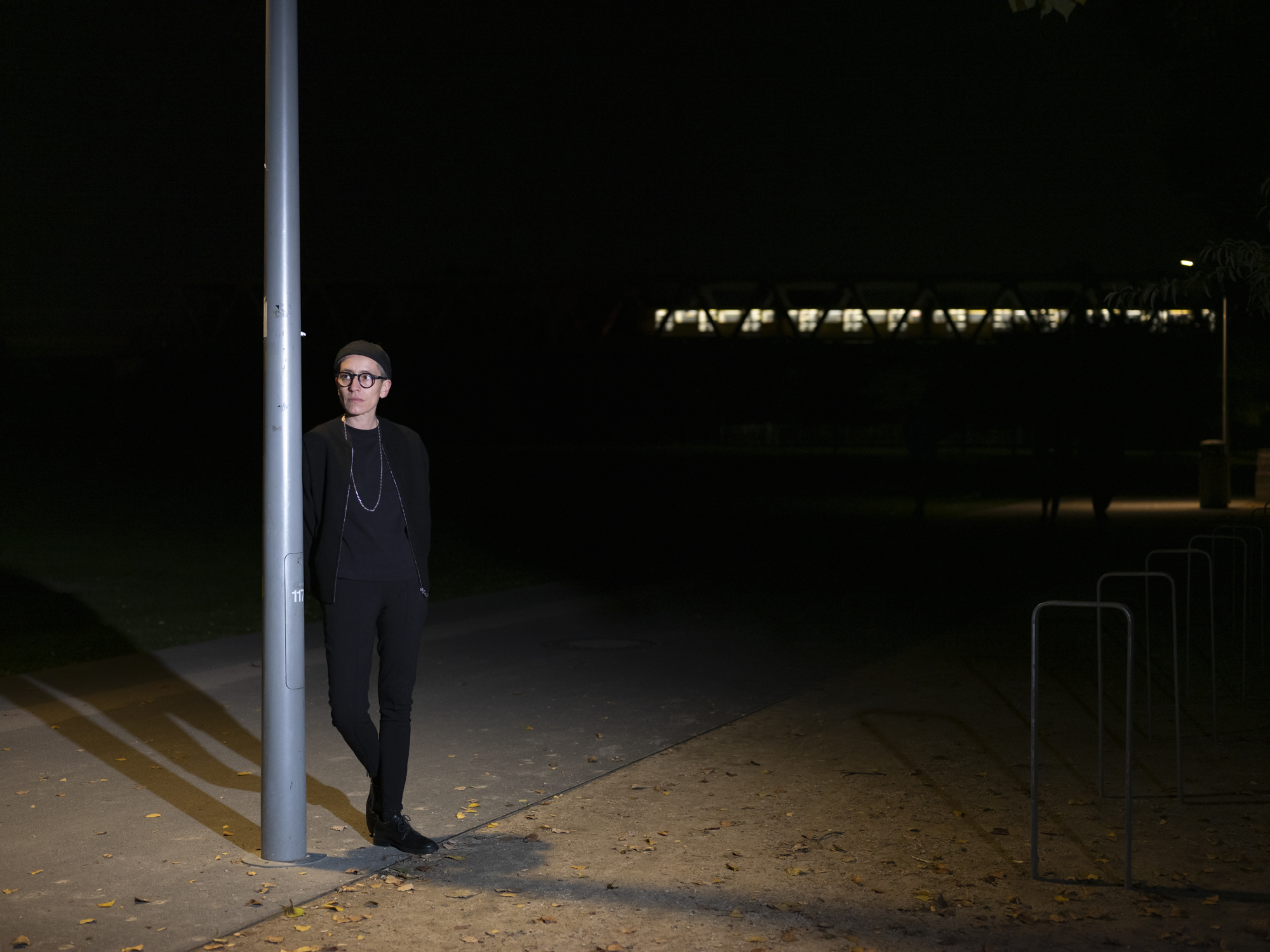Argentina, Film, 2021
Albertina
Carri

In a world and medium (film) marked by precarity, pressure, competing interests, forms, and languages, Albertina Carri has only one task: to do what she wants. This was already in evidence in the 2003 film that launched her onto the scene—Los rubios, an aberrant documentary that reconstructs the kidnapping of her parents, militants who vanished during the 1976 military dictatorship, with an alien abduction scene at its center brought to life using Playmobil figurines. A more provocative incursion in the whole of New Argentine Cinema perhaps doesn’t exist. In Los rubios, Carri reopens the laceration resulting from the State’s terrorism and problematizes the progressive, post-dictatorship agenda’s most undisputed topics: the right to remember, the arrival of the 1970s, the “debt” borne by an entire generation whose revolutionary dreams abandoned them. Carri broke the mold and did so from a personal perspective, impulsively, running the risk of hurting and being hurt. All of her subsequent work—films, TV series, video installations, theatrical experiences, even institutional projects such as Asterisco, Agentina’s first LGBTIQ film festival, which she founded—are marked by this need to unsettle.
This need may be the one constant in a wide-ranging body of work that spans documentary and fiction, brazenly changing genre and subject matter, moving from traditional narration to radical experimentation, from the screening room to the gallery, and from tragedy to jubilation with the curiosity and zeal of someone willing to try anything. Carri’s fictional works have examined incest (Géminis), rural violence (La rabia), and the liberating power of lesbian desire (Las hijas del diablo). She has trafficked in melodrama, investigative documentary, animation, female-centered porn. She has made art-house films, TV broadcasts, agitprop. For Carri, form, medium, and mechanism aren’t sacred cows to worship, they are modalities with which to perturb.
Albertina Carri in a way embodies a key tension in Argentina’s contemporary political culture: one sparking from the friction between the militancy of the traditional left (paralyzed to a certain degree by the dictatorial violence of the late 1970s) and the politics of minority groups (enlivened by the heat of feminist and queer movements). But she embodies this tension without naiveté or undue awareness, with the stubborn conviction of a psychic less interested in knowing than in discovering where the forces she channels will lead her. The feat of Carri—her majesty the troublemaker—is both simple and monumental: to muddle determination with desire. Everything that would render Carri a victim she transforms into an object of interest, of appetite, of nearly lascivious craving. She obeys nothing other than her desire, no matter that this cross—the only one she deems to carry—takes her to places she isn’t sure she wants to go, causes her trouble, to betray or get things wrong. The list of things she hates is long. Only one could sum it up, however: consensus. Those who are devoted to her fear her. Those who despised her yesterday may worship her today. Those who despise her today will be devoted to her tomorrow. And those who have always despised her spend their time in silent argument with her. Even in critical moments, when trapped at an impasse or succumbing to the weight of its ambition, Carri’s cinema rouses and radiates, shining brightly amid the tedium and despair. Her work is a signal flare that shows us where things are, what can be done, whom to prod, and which way to flee.
Text: Alan Pauls
Translation from the Spanish: Kathleen Heil




